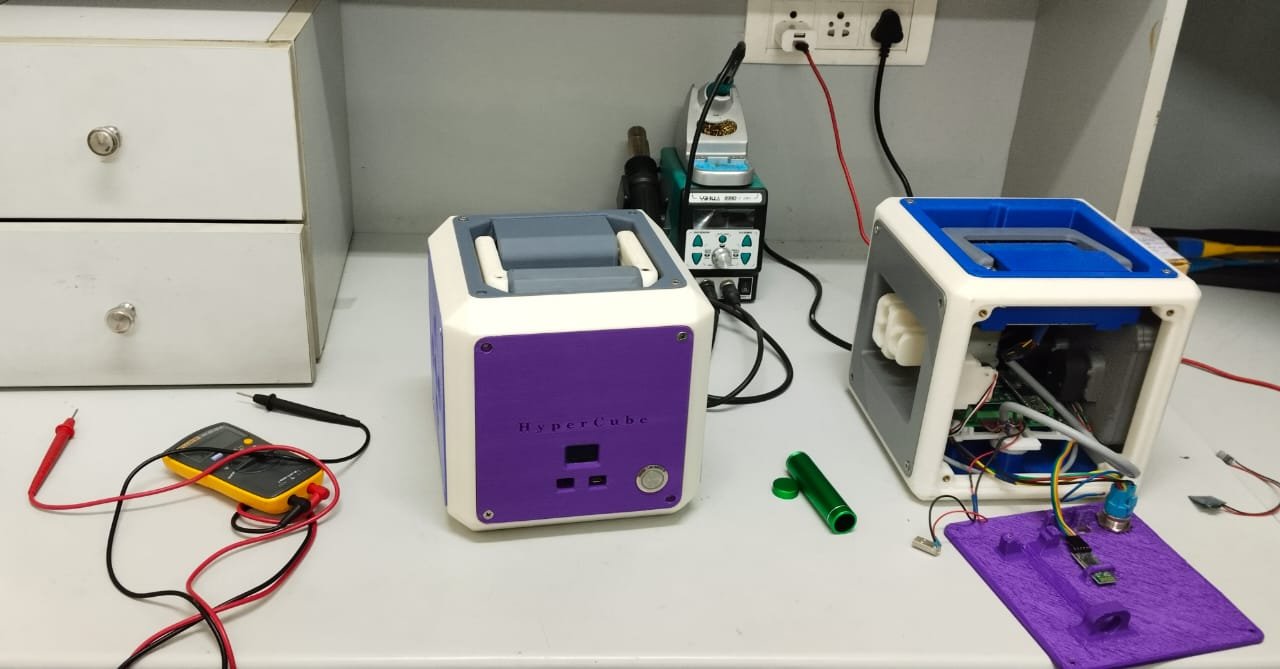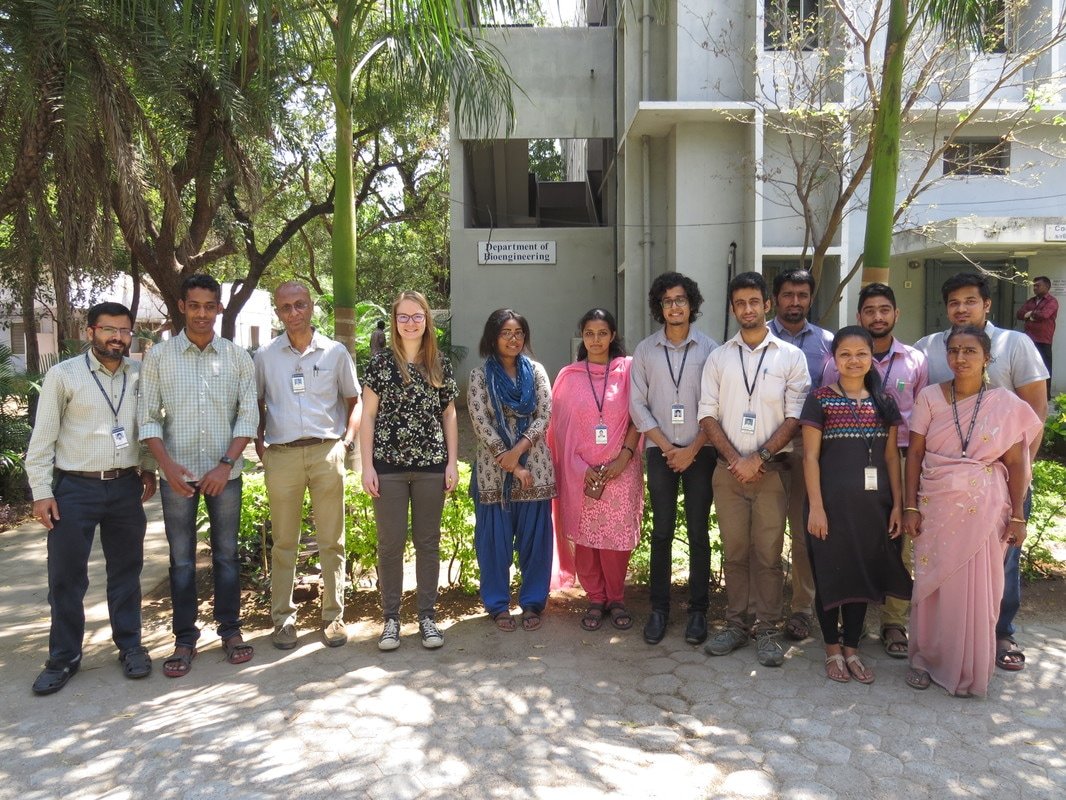Bioengineering @ CMC Vellore focuses on a few selected key areas of interest: Physiological Measurements & Instrumentation, Sensorimotor Control & Learning, and (neuro) Rehabilitation Engineering.
- Research
Bioengineering @CMC Vellore


Physiological Measurements & Instrumentation: The department has a track record of developing various medical devices for measuring different physiological parameters. Notably, Prof. Suresh Devasahayam, former head of Bioengineering, collaborated with faculty from the Department of Physiology to create the versatile data recording system known as CMCDAQ. This system has been successfully licensed for commercialization and is widely used in laboratories across India.
Rehabilitation Engineering: The Bioengineering department has a longstanding interest in rehabilitation technology, with close collaborations between Bioengineering, the Department of Neurological Sciences, and the Department of Physical Medicine & Rehabilitation. One significant achievement was the development of the Bombay-Vellore hand in collaboration with IIT Bombay, led by Prof. Suresh Devasahayam.

A more recent research focus within the Bioengineering department is the development and translation of technology for neurorehabilitation. The forefront of this work is led by the Biological Learning and Rehabilitation Group (BioRehab Group), headed by Prof. Sivakumar Balasubramanian. The BioRehab Group is dedicated to the development and validation of tools and methods for optimizing the assessment and training of sensorimotor function following neurological conditions. Their activities encompass both engineering and basic science components. From an engineering perspective, the group specializes in creating technology-based therapy tools, including robotic devices, sensor-based systems, and electrical stimulation systems. On the basic science front, the research primarily focuses on experimental and computational studies related to human motor control and learning.
